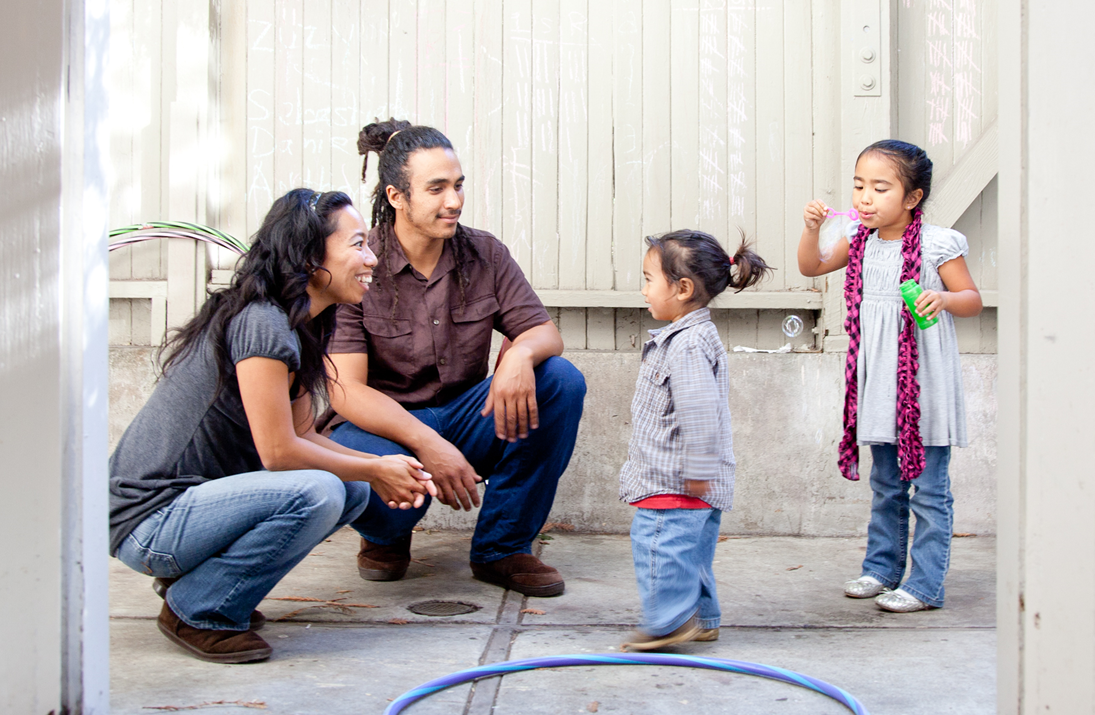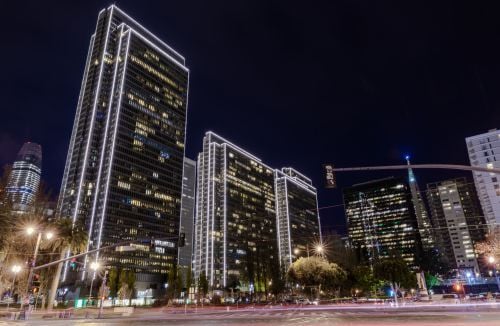Mohammad and myself in 2007 or 2008.
This originally appeared in my Broke-Ass City column in the San Francisco Examiner.
A decade ago, I moved to Brooklyn. I was there for a year researching my second book, Broke-Ass Stuart’s Guide to Living Cheaply in New York City, and while doing so was working as a waiter four nights a week in a West Village restaurant called Sumile. Funnily enough, the chef there was Evan Rich, who is now a superstar chef at his own restaurant, Rich Table, here in San Francisco.
Working as the restaurant’s food-runner was a guy from Bangladesh, named Mohammad. Since Sumile was in a tucked away spot, it was often slow, and Mohammad and I ended up spending a lot of time together, ultimately becoming pretty tight.
Mohammad worked his ass off. In the daytime, he had a job making sandwiches at a lunch place. After that, he’d come to work at Sumile till 10 p.m. or so then go back to his wife and kids in Queens. While doing all of this, he’d also sneak in moments to study. He was working on becoming a cab driver because, at the time, it was a better way to support his family.
Mohammad came to the United States for a better life for his family, for the opportunity to move up in the world and provide a future for his kids. He was a Muslim immigrant who’d come here in search of the American Dream.
During Ramadan, Mohammad would work both jobs while fasting all day, and it was usually a few hours into our shift before he would finally eat. As the minutes ticked closer to sunset, he’d ask me to cover for him, and as soon as the sun was officially down, he’d ravenously tear into the food his wife had sent with him to work. On one of the first nights of Ramadan, even though he was starving from his fast, he insisted that I share some of his food. Mohammad did this because it’s who he was as a person, but he also shared his food because that’s who he was as a Muslim. In Islam, sharing food with others is a “ma’ruf,” an act of good.
After work, Mohammad went home and told his wife how much I liked her food, so she began sending extra food for me, too — even though this Jew boy from California obviously wasn’t fasting. Like the vast majority of Muslims in the world, Mohammad and his wife’s faith was just a lens through which they expressed love.
When I moved back to San Francisco, Mohammad and I unfortunately lost touch. But I’ve been thinking about him a lot lately. I think of him every year at Ramadan, but as Islamophobia continues to rise in America, I worry about him and his family.
Most of the people terrified of Muslims have never actually had a conversation with one. They get scared into thinking that Islamic terrorists are going to kill them. They get told that a tenet of Islam is to kill nonbelievers and totally swallow this horseshit without considering the facts. Facts like: There have been 94 people killed in the U.S. by Islamic terrorists since 9/11; whereas, on an average day, 93 Americans are killed by guns.
Are there Islamic terrorists? Of course, but they actually kill more Muslims than anyone else. And the U.S. created both Al-Qaeda and ISIS. You can’t create monsters and not expect them to do monstrous things. If you don’t believe me, go ahead and Google that shit.
I know this is San Francisco, possibly the most liberal major city in the entire Western Hemisphere, but I remember when the San Francisco Examiner was conservative. In fact, I get mean letters from some of the conservatives who still read it, and this is my message to them: Next time you want to blame all Muslims for acts committed by a few, think about my friend Mohammad. There are more than a billion Muslims in the world, and the vast majority of them are more interested in sharing their dinner with you than causing you harm. They’re probably a lot like you.
And to those of you out there celebrating Ramadan, may it be a blessed one.
The post Misconceptions about Muslims appeared first on Broke-Ass Stuart's Website.







